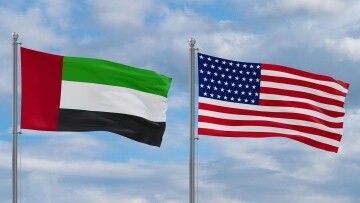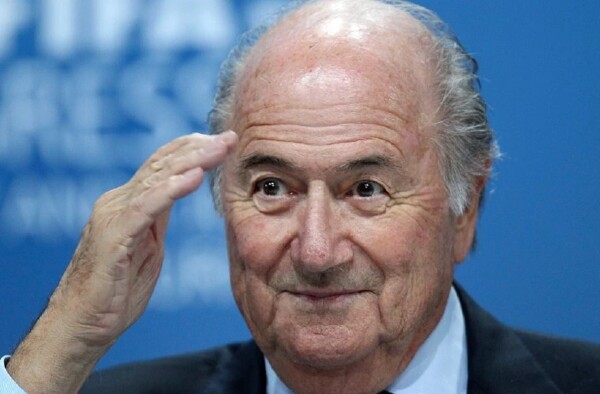
Last Friday, during a meeting, in a tense moment, Trump accused a leader of seeking to bring the world to a Third World War. Meanwhile, territorial conflicts and a tariff war are emerging that could affect globally by increasing social inequalities. Trump seeks to position himself in a disputed world using aggressive strategies.
In the midst of stalled negotiations, Trump and Putin seek to influence a key country due to its geopolitical weight without repeating war processes. The focus is on destabilizing blocks, seizing resources and lands, or imposing allies in foreign governments. In this context, Trump has promoted the 'Make America Great Again' campaign, seeking to control territories and aligned politicians.
The public humiliation of a leader in the face of American conditions suggests a tendency to yield to pressures. Trump's agenda to control Ukraine's minerals as a security guarantee contrasts with traditional diplomacy. Global hegemony is contested between China, the United States, and Russia in a scenario of political and economic tensions.
The concrete figures in Trump's government seek to impose their will without embellishments or concessions. The rivalry between global powers becomes a media spectacle, where manipulation and public humiliation are weapons used to bend other leaders. In this complex web of interests, influence in Ukraine can shift the balance of power in Europe.
Political negotiations are intermingled with aggressive strategies in a scenario where conventional diplomacy is displaced by a more confrontational approach. Trump and his allies seek to control strategic resources to ensure their influence in key regions. The film 'The Brutalist' at the Oscars reflects this tense political climate, where power and manipulation are order of the day.














